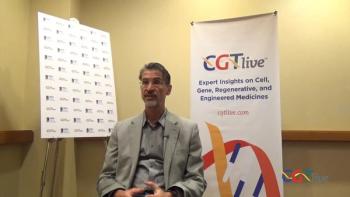
The Lichtenstein professor of neurology at University of Miami Miller School of Medicine discussed talks from a session on dysfunction and trafficking at the 2024 MDA Conference.

The Lichtenstein professor of neurology at University of Miami Miller School of Medicine discussed talks from a session on dysfunction and trafficking at the 2024 MDA Conference.
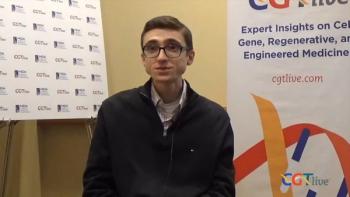
The lead of preclinical research at Amylyx Pharmaceuticals discussed the literature supporting AMX0114’s target and its upcoming trial design.
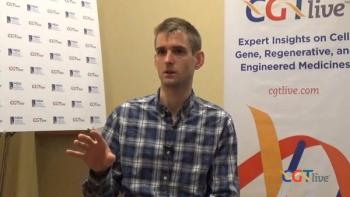
The postdoctoral scholar at University of California – Irvine discussed his research looking at TDP-43 and alternative polyadenylation in neuronal cells.
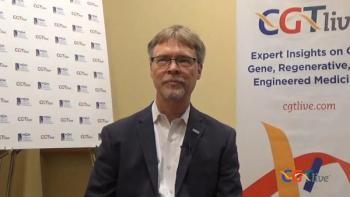
The director of the Manton Center for Orphan Disease Research at Boston Children’s Hospital discussed investigations into liver toxicity and deaths after AT132 gene therapy.
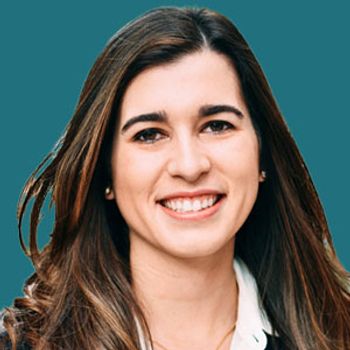
The data comes from 7 patients treated in the phase 1/2 IGNITE-DMD study (NCT03368742).
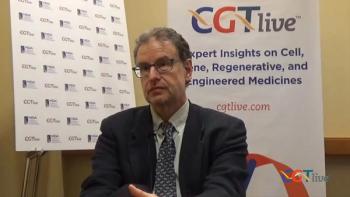
The deputy director, Division of Rare Diseases Research Innovation, NCATS, NIH, discussed initiatives including the BGTC and the platform vector gene therapy project.
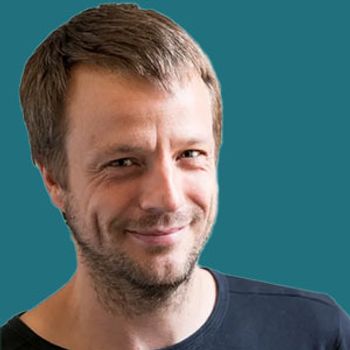
The real-world data, which includes patients who received Zolgensma before and after tracheostomy, comes from the noninterventional RESTORE registry (NCT04174157).
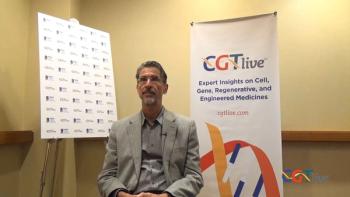
The Lichtenstein professor of neurology at University of Miami Miller School of Medicine discussed the role of organelle transport in neuromuscular diseases such as CMT.
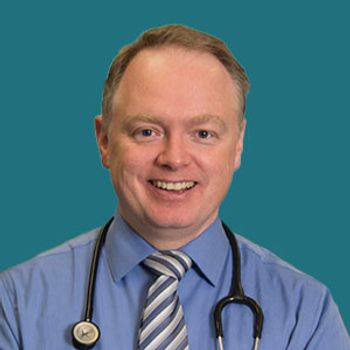
The phase 3b SMART trial included 24 patients in total who each weighed from 8.5 kg to 21 kg at the time of treatment.
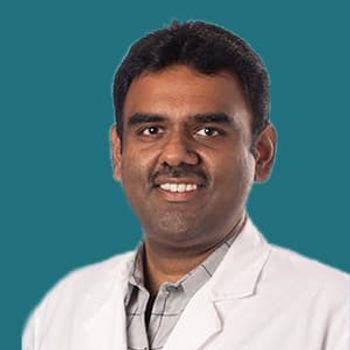
RGX-202 delivers a slightly larger form of microdystrophin than other gene therapies, including the CT domain of dystrophin.
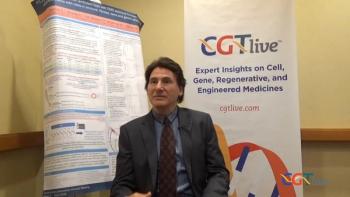
The lead scientist at Percheron Therapeutics discussed how ATL1102 could target inflammation as a secondary cause of muscle damage in DMD.
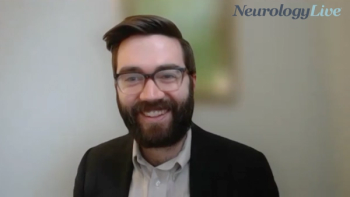
In observance of Rare Disease Day 2024, the vice president of public policy and advocacy at the Muscular Dystrophy Association discussed advocacy and policy progress regarding rare neuromuscular diseases.
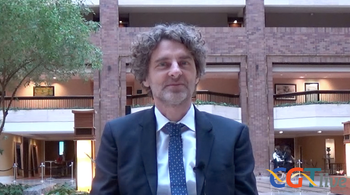
The professor for human genetics and neurology at the University of Miami Miller School of Medicine discussed the rapidly changing landscape of diagnosing and treating genetic disorders.
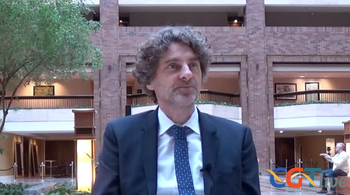
The professor for human genetics and neurology at the University of Miami Miller School of Medicine discussed past, current, and future approaches to diagnosing and treating neuromuscular diseases.
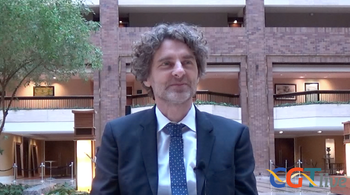
The professor for human genetics and neurology at the University of Miami Miller School of Medicine discussed the trend towards gene-targeted approaches in the neuromuscular disease space.
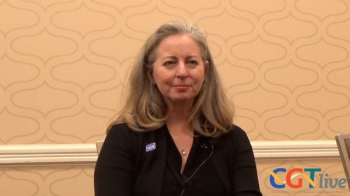
The executive vice president and chief research officer of MDA discussed the barriers to FDA approval currently facing those developing treatments for ultra-rare diseases.
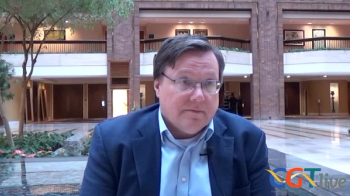
The director of the center for gene therapy at Nationwide Children's Hospital discussed the prospect of gene therapy approvals in Duchenne muscular dystrophy and the associated challenges that remain to be addressed.
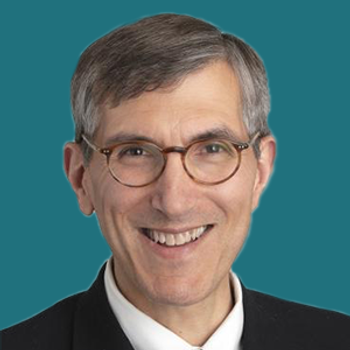
Peter Marks, MD, PhD, director, Center for Biologics Evaluation and Research, FDA, discussed his keynote address at the 2023 MDA Conference. c
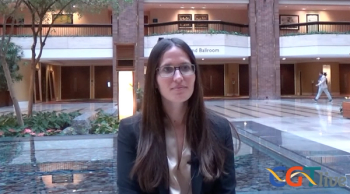
The neurology resident at Penn Medicine spoke about the preparations taken in the lead up to tofersen’s PDUFA date, which is set for April 25, 2023.
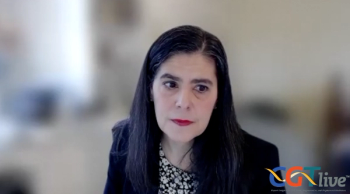
The co-CEO of BrainStorm Cell Therapeutics spoke about the current standards of care in ALS and the potential of NurOwn to address unmet needs.
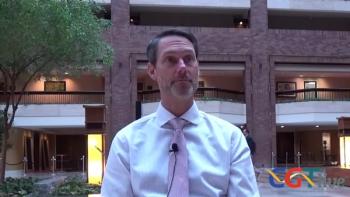
The associate professor of neurology at Columbia University spoke about the importance of identifying patients with ALS-associated gene mutations as early as possible.
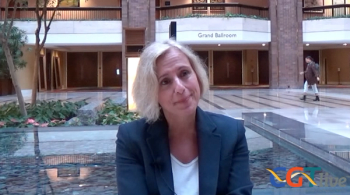
The Lillehei professor in stem cell and regenerative cardiovascular medicine at the University of Minnesota spoke about preclinical research with an iPS cell-derived product.
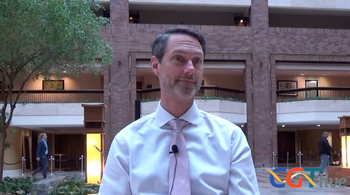
The associate professor of neurology at Columbia University spoke about the current and future treatment landscape in ALS.
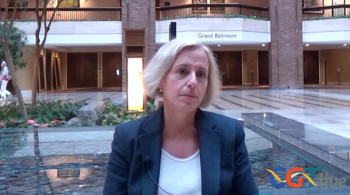
The Lillehei professor in stem cell and regenerative cardiovascular medicine at the University of Minnesota spoke about the session she chaired at the 2023 MDA Clinical and Scientific Conference.
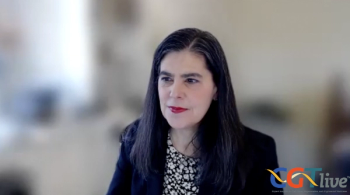
The co-CEO of BrainStorm Cell Therapeutics spoke on the supporting data for the investigational ALS cell therapy that will be discussed at the meeting, and expectations for it.
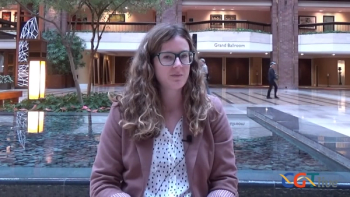
The nurse practitioner from Washington University in St. Louis discussed the practical considerations in gene therapy track she chaired at the 2023 MDA Conference.
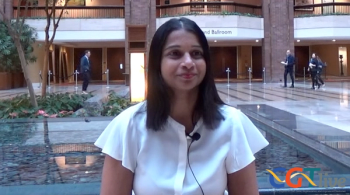
The child neurologist and neuromuscular physician at Virginia Commonwealth University also discussed the session she chaired at the 2023 MDA Clinical and Scientific Conference.
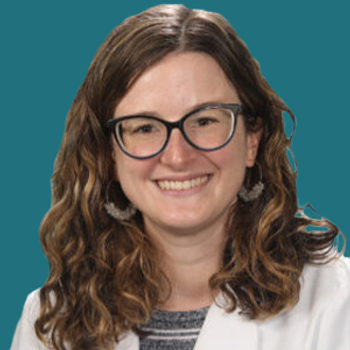
The Delphi panel considerations were informed by safety data from 3 clinical trials of the therapy, and included vomiting, myocarditis, acute liver injury, and immune-mediated myositis.
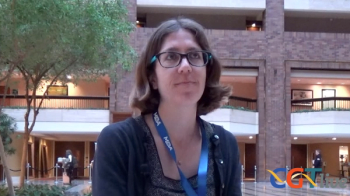
The co-founder and chief executive officer of MyoGene Bio spoke about the company's gene editing therapy for Duchenne muscular dystrophy at MDA’s 2023 conference.
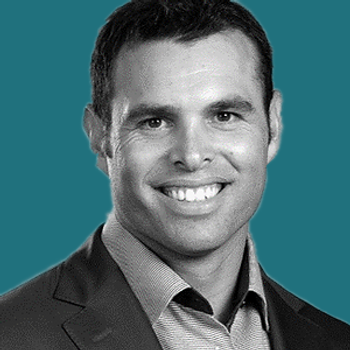
The Amplo Biotechnology gene therapy showed positive findings in mouse models, suggestive of the therapy’s development for use in a clinical setting. The AAV therapy delivers DOK7 gene, which has shown benefit in neuromuscular disorders.